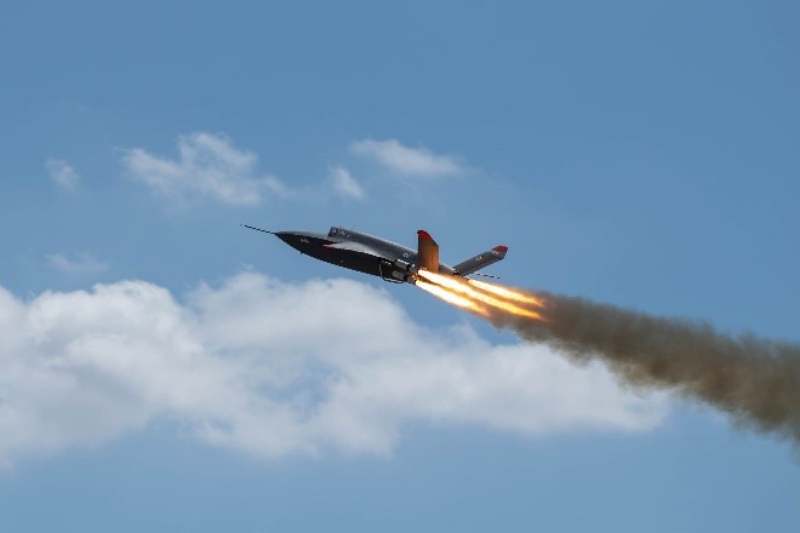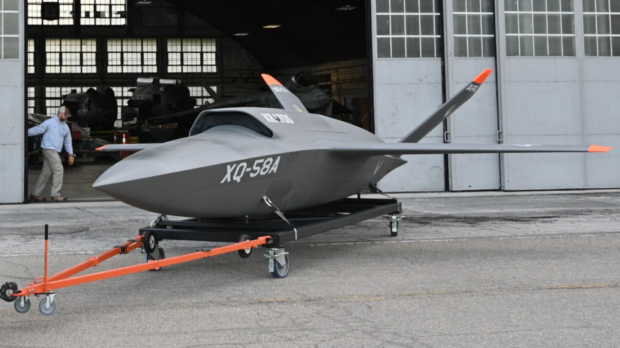Kratos Unmanned Aerial Systems Inc,
Sacramento, California, is awarded a contract in the amount of $15,515.343 (cost-plus-fixed-price) for the procurement and delivery of two Valkyrie XQ-58A unmanned aerial systems (UAS).
The contract covers sensor and weapon system payloads to achieve portfolio goals for breakthrough affordable autonomous cooperative killers, including one-time technical services, system/subsystem integration, installation, testing, ground and flight operations, logistics and maintenance for the UAS, and government contractor-operated operations for flight tests and demonstration events at government test ranges.
Work will be performed in Sacramento, California, and is expected to be completed in September 2023. At the time of award, $15,515,343 in the fiscal year 2022 research, development, test, and evaluation (Navy) funds will be obligated, of which $15,515,343 will expire at the end of the current fiscal year.
This contract was not competitively bid in accordance with 10 U.S. Code 4023. Naval Air Warfare Aircraft Division, Patuxent River, Maryland, is the contracting activity (N0042123C0010).

Runway Independence Supporting ACE, Survivability, Distributed Operations
The contract notice does not say whether or not the XQ-58As in question will be improved Block 2 versions, which are capable of flying longer duration sorties at higher altitudes with heavier payloads than earlier examples. The exact performance capabilities of both types are unclear, but Kratos’ website says the Valkyrie can fly as high as 45,000 feet above sea level and has a maximum range of 3,000 miles. This would all be dependent on the drone’s total weight, which the company says can be up to 6,000 pounds. The XQ-58A has a modular, open-architecture design intended to allow for the rapid integration of various sensors and other systems, and has a demonstrated ability to deploy stores from a ventral internal bay.
The Valkyrie’s exact current unit cost is unclear. Data Kratos released last year indicated that the individual price point would be around $4 million if 50 were produced annually, but the company has said in the past that could possibly get it below $2 million for production runs of 100 airframes or more.
With all this in mind, the Navy’s two XQ-58As could provide similarly valuable test support, which could further leverage the Air Force’s existing experience with the type. Autonomy technology maintained by the Navy has been used in various advanced U.S. military drone development efforts. The service already has a long history of working directly on crewed-uncrewed teaming concepts, including testing involving a Kratos UTAP-22 Mako drone flying linked together with a U.S. Marine Corps AV-8B Harrier jump jet all the way back in 2015.
Sources: DoD; The Drive;

